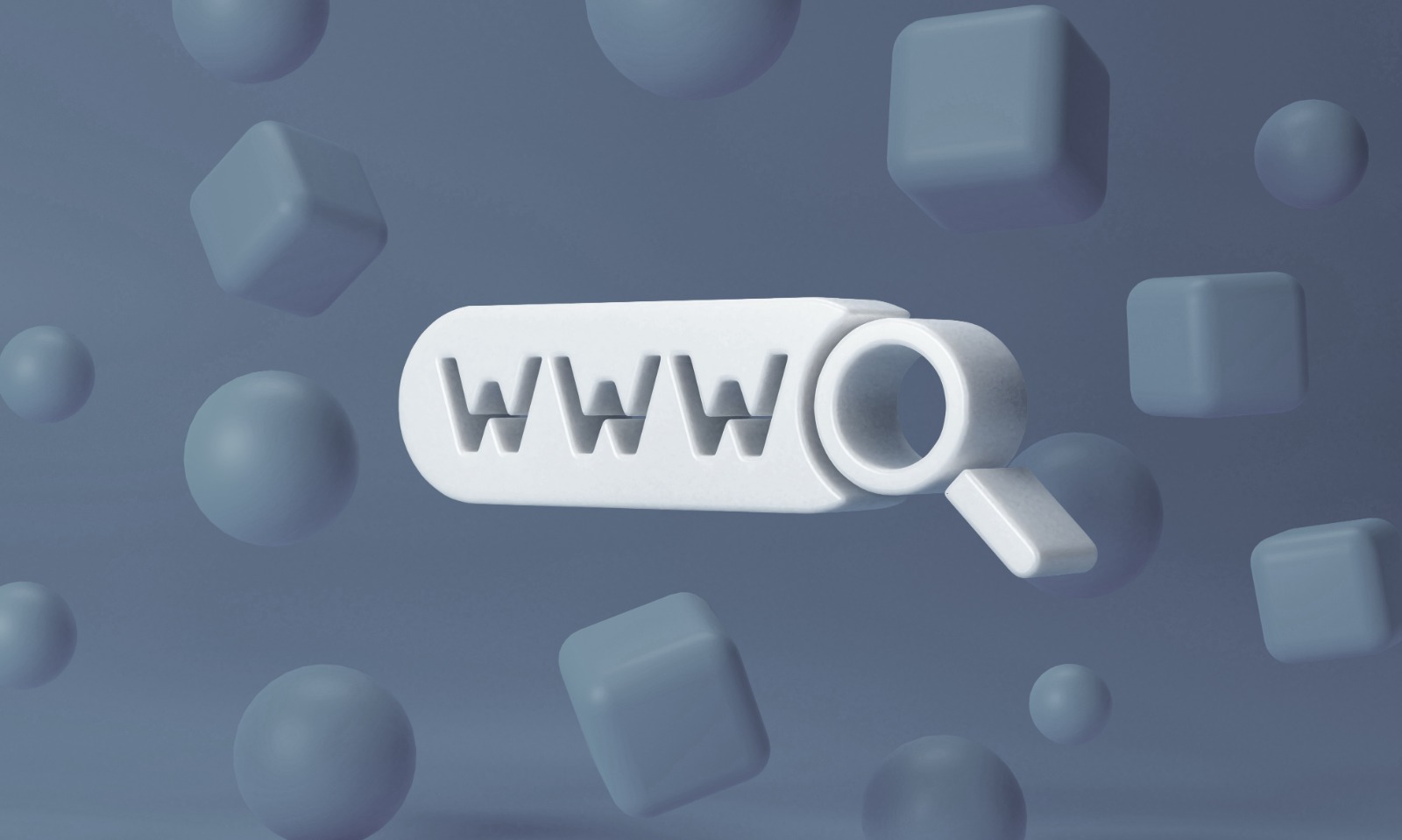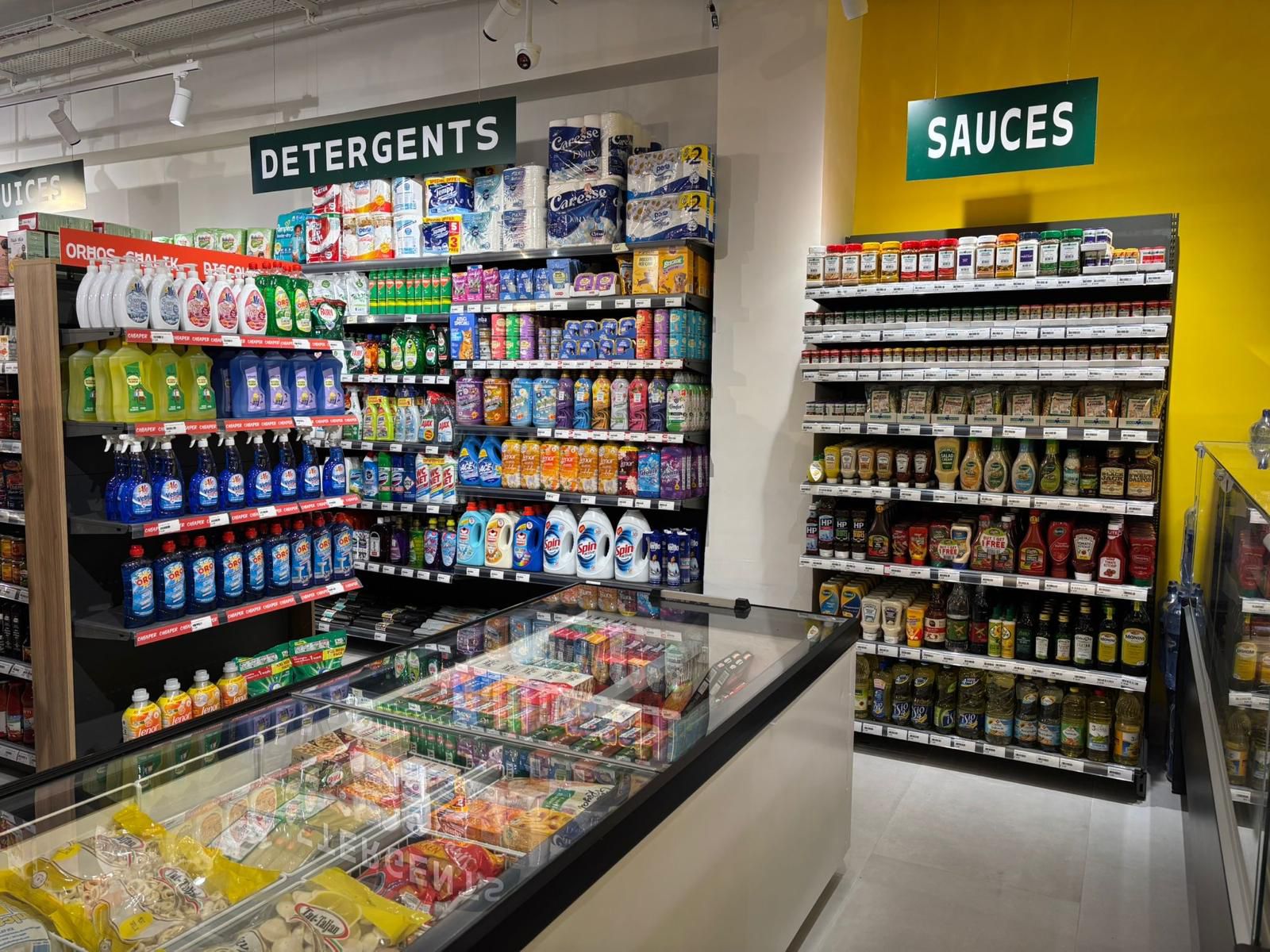There was a long period of time over the last decade or so where business leaders would not put much thought into websites. Marketing teams weren’t finding them exciting, and especially if you were a small business, it was probably not really worth the hassle.
Potential customers were spending much more time on Facebook than they were spending on any other part of the internet, so it was probably a wiser decision to invest whatever little marketing budget you had into maintaining a decent Facebook page.
1 – Facebook is no longer king – Social media is fragmented

There was a time, a very long time by internet standards, that having a Facebook page was enough for most businesses. People would just look you up there and expect to find all they need to know about you. A Facebook page is cheap and easy to create, so we can understand why some smaller businesses went with this approach.
But we predicted that in the 2020s we’d be seeing a major fragmentation of social media, and that’s happening at an alarming rate. Instagram (which is owned by Facebook, incidentally), keeps gathering users, and the pandemic made people flock to TikTok in droves, which means that you need to be on at least three platforms if you want to connect with a significant portion of your target audience.
While going in and out of fashion from time to time, websites have been the single most consistent feature of the internet since its inception, and they’re not going away any time soon.
2 – You have complete control over your website

Another big problem of relying solely (or mainly) on social media to communicate about your brand is that you have very little control over the look and feel of your social media channels. True, you can create beautiful and interesting content for your pages (and we definitely suggest that you do so), however there’s a limit to how much you can change. You’re stuck to the whims of the platform and have to abide by rules that are sometimes completely arbitrary and make no sense to you or to your industry.
3 – You have control over the organisation of your content
You can pin a post on Facebook, and you can set featured stories on Instagram, but that’s about as much as you can do to control the content on social media platforms. With your own site you can choose to place your case studies in one area and your blog posts in another, easily allowing visitors to choose what they want to see. The next point builds on this, too:
4 – You can adapt a site to your audience

You can even create specific pages carrying a type of case study and blog posts in one page, making it easy for you to tailor specific pages to a specific set of audiences. This is critical both for B2B and B2C audiences because it makes it easy to create pages on your site that enable you to tell the right story to the right audience, making it much more likely for them to feel as if your brand understands them.
5 – Websites offer credibility
A company that has a shoddy website is probably one that doesn’t take very good care of its clients. Just like I would hesitate to trust a restaurant if there was dirt on the floor, or like I would not really trust a company which operated from a dilapidated building, I would hesitate to work with a brand that does not have a great website (or one that has no website at all), because it makes me feel as if this company somehow lacks legitimacy.
6 – Websites can be found in search engines

Facebook pages do have a habit of turning up in searches for your brand if there’s no website, granted, but with websites you can put work in to drive traffic from people who are looking for specific information, information that will lead them to your business at the right time. The big advantage is that SEO in Malta is still a relatively untapped market, so you can find niches to rank for that you can see progress in in a shorter period of time than you’d expect.
7 – You can build your audience
A website allows you to build an audience that you can own yourself, one that doesn’t depend on a platform’s whims. Facebook can kick you off at any time, Google can stop ranking your site if it deems that you’re not following the rules. Both are disastrous for your business, but if you have an audience that you’ve cultivated on your site, at least you can still contact people through it.
You can build an email marketing list, you can set up tracking pixels on Facebook and Google and then you have the benefit of being able to market to people based on their interaction with your site.
8 – You have access to more data
Facebook, like most other social media platforms, offers a lot of data to analyse about paid efforts, but the amount of data you get about organic content is relatively limited. Crucially, with social media analytics you have very little information about user journeys, how long they stay on your page or what they tend to browse.
When set up correctly by the web development agency, web analytics are an incredibly powerful tool that help you figure out what’s working and what’s not working on your site, where people get to your site from and how long they spend on your site.
9 – You can (and should) sell online

It might sound obvious, especially at the moment, but it is possible, and relatively quick, to set up an online presence that allows you to sell directly to your customers. Honestly, there’s no reason not to be selling online in 2021, and we really encourage you to look into what it would take for you to set up ecommerce as quickly as possible to stem the flow of business that you’re losing every day that you don’t sell online.
10 – You can (and should) generate leads through websites
B2B businesses thrive on leads to grow their revenue, and there’s no better way to build a solid stream of leads than through your own website. If your business is not one that can sell products or services online, then you should definitely have a site with a lot of interesting content on it, and you should have a concrete plan to generate leads.
In Conclusion
Take a look at your website (if you have one) and understand what your audiences think about you and your business whenever they visit it. Look at how easy it is to find what you’re looking for on it, look at what impression it leaves on your audiences, and think about whether it’s in a state that reflects your business correctly. If you’re not happy with it, take immediate action. You could be losing significant business to your competition because of a problem that you should be able to fix quickly and easily.
What do you do when an employee unexpectedly quits?
Sudden resignations can pose a significant challenge for business leaders, especially those unprepared to handle them.
Moving beyond awareness: Creating inclusive workplaces for neurodiverse talent
As Christine Hili points out, inclusion goes beyond acknowledgment.
5 critical steps to scaling your business successfully
By staying proactive and adaptable, your business can maintain steady growth while avoiding common pitfalls.
April Fools’ leadership myths: Busted!
The best leaders are those who remain open to growth, embrace vulnerability, and lead with confidence - flaws and all.









